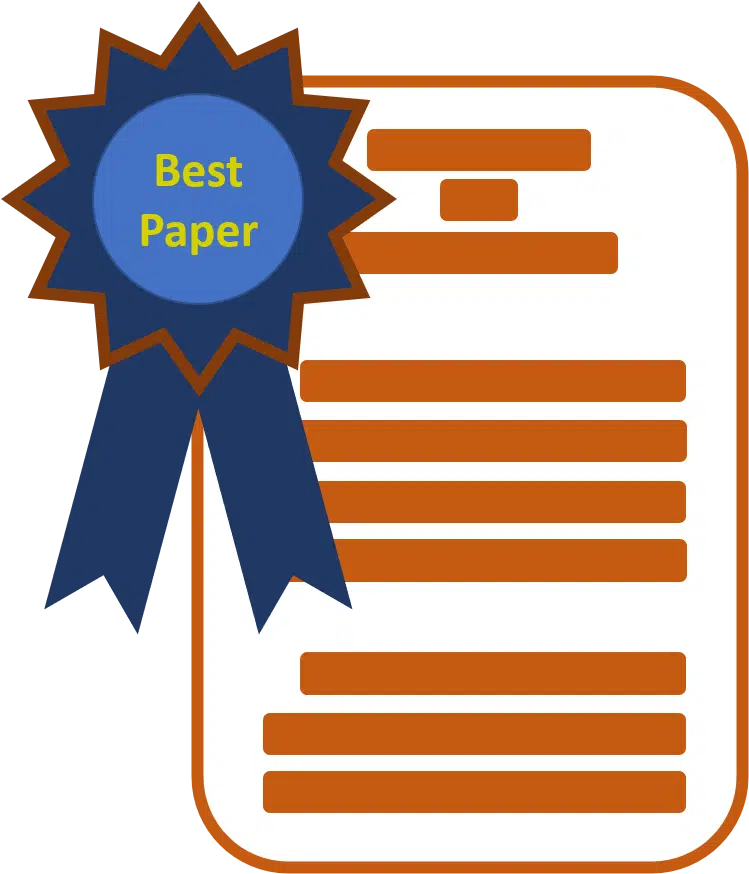Stealth Announces New Result on Trapdoor Functions at EUROCRYPT ’19
As part of the PULSAR project, Stealth team member Sanjam Garg (Berkeley), in collaboration with Romain Gay (ENS) and Mohammad Hajiabadi (Berkeley), presented their work “New Techniques for Efficient Trapdoor Functions and Applications” at EUROCRYPT 2019. A link to the corresponding publication (in the conference proceedings) can be found here.

